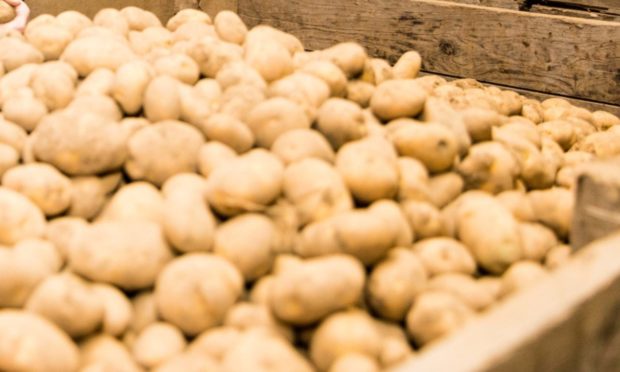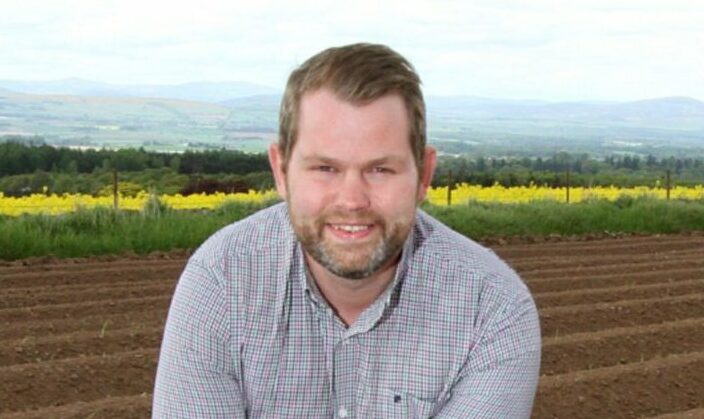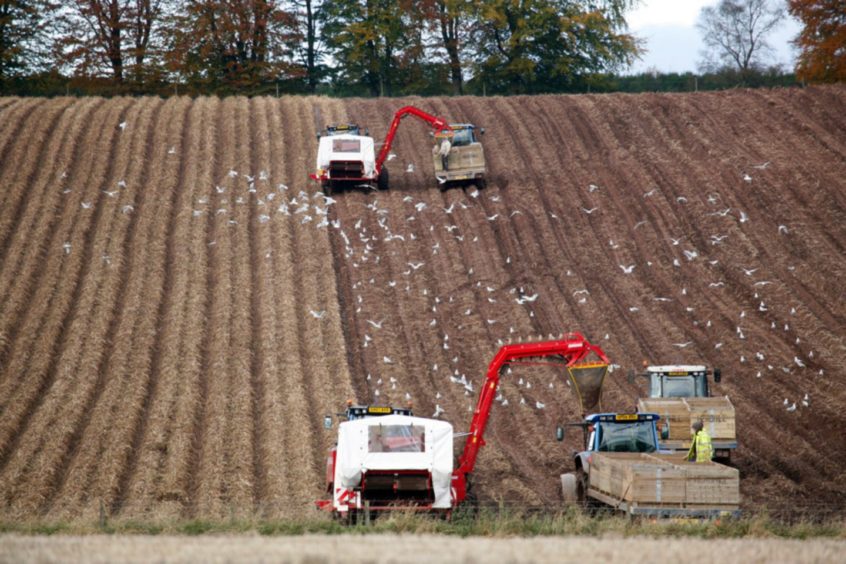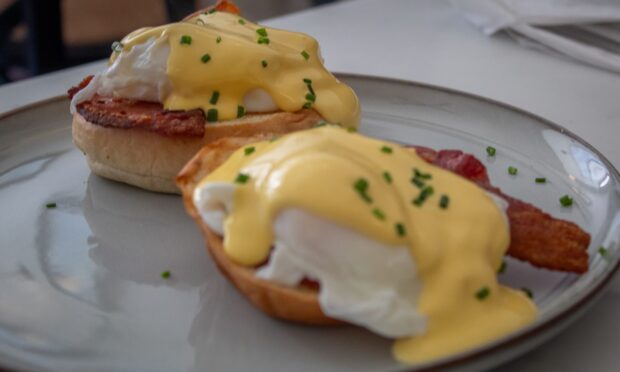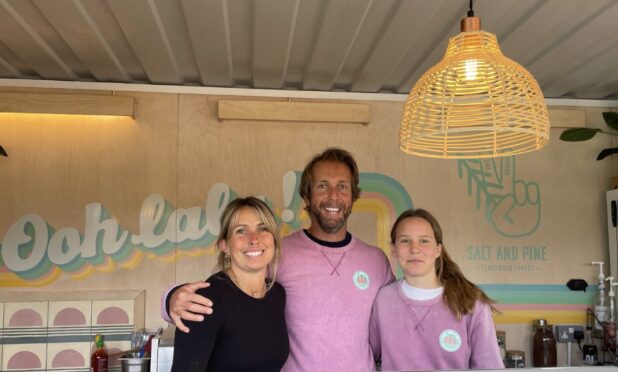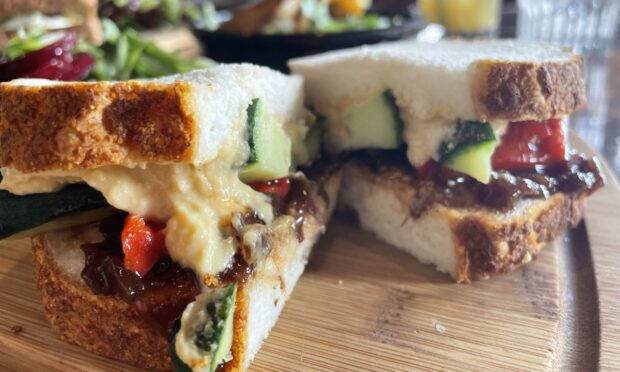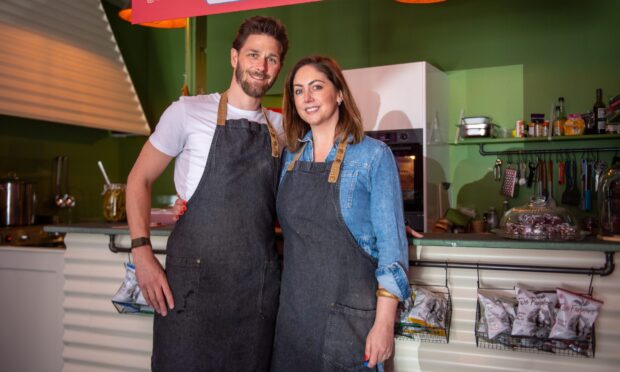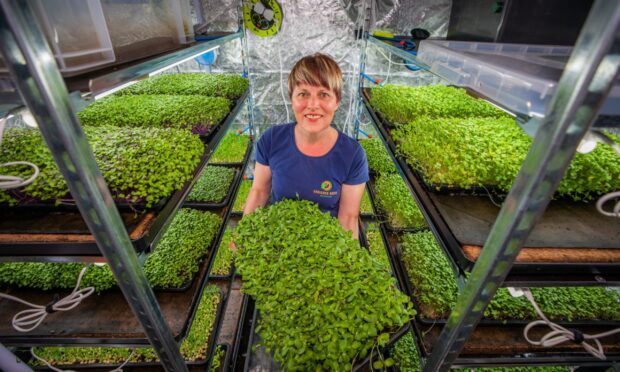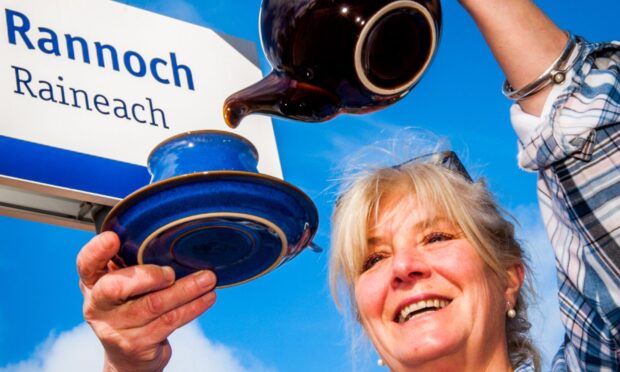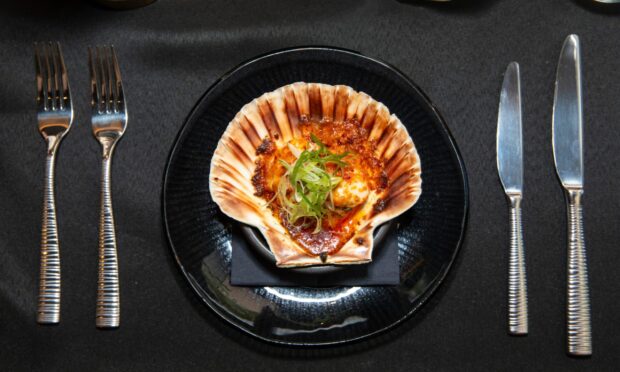Sandy McGowan of Milnathort-based Cygnet PEP, reveals the cost to the seed potato industry of being denied third country status by the EU.
While all eyes have been on arrangements for fishing and livestock exports in the Brexit trade negotiations, few spared a thought for the humble seed potato.
This seldom-discussed but valuable Scottish product has not made the list of food exports continuing to the EU having been denied third-country equivalence – the process whereby the European Commission decides whether a non-EU country’s regulatory, supervisory and enforcement regime is equivalent to its own.
James Withers, chief executive of Scotland Food and Drink, said in a series of Tweets that around 20,000 tonnes of potato seed is sold to the EU by Scotland – a fifth of all UK seed potato exports. The trade value is estimated to be in the region of £4.5-£5 million.
Potato seeds were excluded from the free trade list over concerns the UK would not remain “dynamically aligned” with EU standards on this product.
Sandy McGowan is a director of Milnathort-based Cygnet PEP, Scotland’s largest seed potato exporter. He is also president of the British Potato Trade Association (BPTA) and says that although deeply disappointing, the news is not surprising.
He said: “It’s not new news. Since Brexit was voted for we’ve had this third country equivalence looming and hanging over our heads. The third country status is only granted for seed potato imports into the EU to one other country, and that’s Switzerland, who are sitting there with this dynamic alignment and they’ve agreed to it and they’re mostly tied to the EU within that.
“We currently have alignment but the EU are saying the UK may choose to move away from that. What we’re trying to do, and it’s not going to happen this side of Christmas obviously, is have some form of assurance from the devolved governments that we aren’t going to move way from that in the short term that would allow us to keep trading for the rest of this potato season. But I think realistically I can’t see that happening in time to make much of a difference.
“DEFRA (Department for Environment, Food and Rural Affairs) are the ones handling this on behalf of the UK seed potato industry and they have tried to submit an application for third party equivalence a number of times. But here we are, 24th of December a deal seems to have been agreed, and within that deal they’ve decided between them that dynamic alignment can’t happen. So it’s not a great surprise, it’s just bitterly disappointing that we’ve got to seven days before the transition and there was no information until late last night and I’m picking up most of it from journalists on Twitter.”
Producers had been trying to ship as much stock out to the EU before the Brexit transition period ends on December 31, but recent delays at Dover mean the window of opportunity is now effectively closed.
Sandy added: “Up until today we’ve been working really hard to ship as much of our seed that is destined for the EU. We do have a tonnage around us still that isn’t going to make it in time. It’s not huge but it means as of January 1, I don’t have trading partners in the EU. I can’t go and try to cut a few deals to move some additional seed that we’re going to have left around us.
“We’re refining our plans for planting in 2021 that takes place in April and May and I don’t know what to tell my growers they should be planting. It’s just complete uncertainty, we can’t make any plans and with seed potatoes it’s a five-year production cycle. We’re producing them on very high quality, high health farms in the north of Scotland to get to the point we have 125,000 tonnes for export so all of that is in motion and there’s four years of production there that could be wiped out overnight because of this short-term decision.”
The UK has extended for six months the ability to import EU potato seed which, Sandy explains, is to allow for the continued supply of specific potato varieties which cannot be readily sourced from Scottish or UK growers. Longer term, it means there will be an opportunity to produce varieties currently supplied by EU growers – but this cannot happen quickly.
He said: “Because of the supply chains involved you’d be talking about substituting a very specific variety that is processed by a company like PepsiCo for instance for crisps and, no, you just can’t do that. So for the good of UK trade a six-month extension was granted. While we have some fantastic varieties coming through within my own business and others we are tiny in comparison to what goes on in mainland Europe. You’d be amazed at the number of fish and chip shops in Scotland that are using Dutch-bred varieties in their chips.”
Responding to news that seed potatoes would not be granted third country status, First Minister Nicola Sturgeon tweeted: “This is a disastrous Brexit outcome for Scottish farmers…and like all other aspects of Brexit, foisted on Scotland against our will.”
But there is relief among livestock farmers that animal products will be granted third country listing status, meaning they won’t face the 40-80% tariffs that had been feared.
NFU President Minette Batters said: “Receiving third country listing status from the EU for our animal products is absolutely critical and will allow an export trade worth more than £3 billion to continue at the end of the transition period.
“This means the UK has met all of the necessary animal health and biosecurity standards the EU requires for this trade and is a step forward in the government’s preparations for the end of the transition period.
“While this listing is good news, we must bear in mind that there will be significant friction for our exports to the EU from the 1 January and it’s crucial the government minimises this disruption as much as possible in the time remaining.”
The decision by the EU to grant third country listing status to the UK and approve exports of meat, dairy and other products of animal origin is ‘critical’ step forward.
Read NFU President @Minette_Batters' full response here 👇https://t.co/bsGeaUBE0X
— National Farmers' Union (@NFUtweets) December 23, 2020
James Withers of Scotland Food and Drink said although the deal ensures “crippling tariffs” are avoided on some key food exports, there was a danger of more disruption at ports from January 1 due to the “wave of new export checks about to be introduced”.
He added: “We would urge the UK Government to now seek a grace period on the introduction of new export checks on 1 January. The UK is already planning to waive checks on most imports from the EU and on some products moving between Northern Ireland and the GB mainland.
“We desperately need the same for our exports to the continent. Otherwise, I fear the scenes we have witnessed of the horrendous border disruption over recent days could be repeated, especially with new Covid testing now also required.
“Businesses cannot afford more disruption after a nightmare year and a Christmas export trade that has been ruined for many. If they face more losses through no fault of their own, UK Government will have to be ready with financial aid.”
